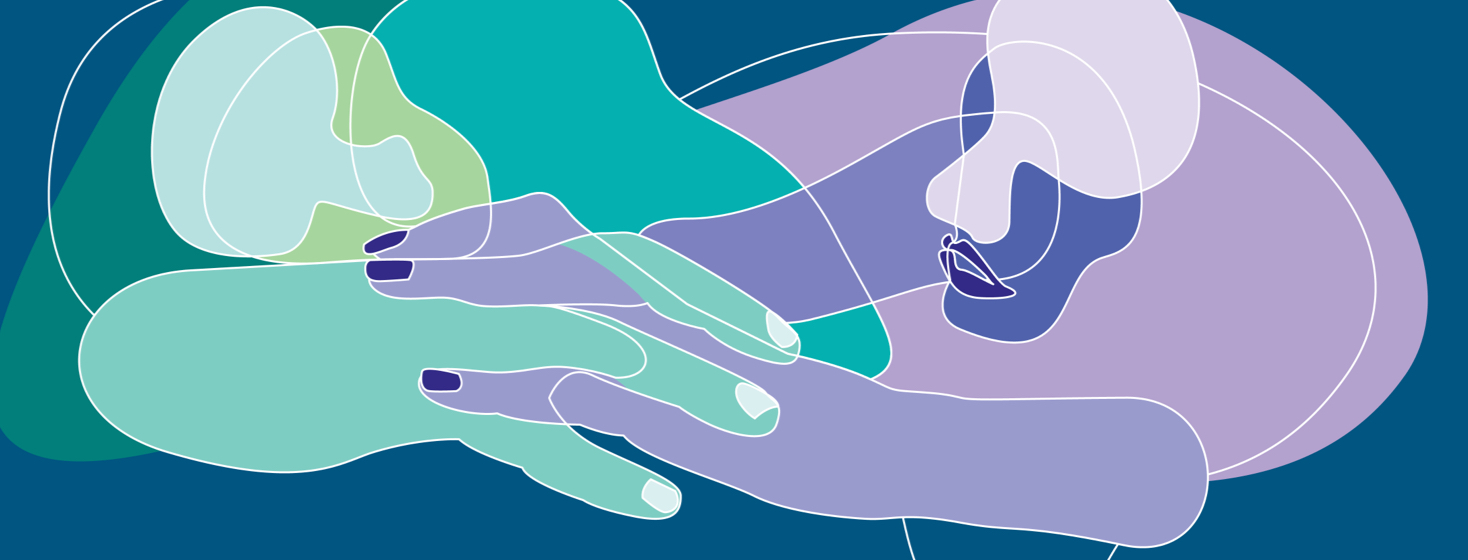4 Ways Narcolepsy Can Impact Your Sex Life
Narcolepsy can have an impact on many different aspects of your life, including your sex life. If narcolepsy is affecting your sexual health, you may be embarrassed to talk to your doctor about it — but doing so may lead to more effective treatment options to improve your quality of life.
Here are 4 ways narcolepsy symptoms can impact your sex life.
1. Cataplexy and orgasmolepsy
One symptom unique to type 1 narcolepsy is cataplexy, the sudden loss of muscle tone or muscle control in response to a strong emotion. A person with cataplexy may go limp, slump over, fall, or be completely unable to move. Cataplexy is often triggered by strong emotions such as laughter, joy, surprise, stress, or fear.
Sometimes an orgasm or sexual intercourse also triggers cataplexy. This is known as orgasmolepsy. People with this symptom describe having trouble moving their body for several minutes while still being aware of their environment.1
Research shows orgasmolepsy affects as many as 3 out of 10 people with narcolepsy. Scientists think the numbers could be even higher, though, since sex can often involve intense emotions.1
Researchers are studying pitolisant as a treatment for orgasmolepsy. You may already take pitolisant for narcolepsy and cataplexy. The US Food and Drug Administration (FDA) has not approved pitolisant to treat muscle weakness triggered by orgasm. Researchers will need to carry out more studies to find out if it is effective for this purpose.1
2. Sexual hallucinations
Another common symptom of narcolepsy is hypnagogic hallucinations or waking dreams. As you drift off to sleep, you may experience something that feels real but is not actually occurring. Hallucinations like these can sometimes have sexual themes that may be arousing or frightening. They can happen not just at night, but also during episodes of daytime sleepiness, too.
More than 10 percent of the general population will have a sleep-related hallucination at some point in their life. For people with narcolepsy, this rate is even higher.
After a hallucination, you might feel confused about what is real. The images may not make sense or may be disturbing. As you wake up, you may feel afraid of what you saw. Some people have reported having hallucinations that were "out-of-body" experiences. Other cases of things like sexual assault and sexual affairs have been reported in some research.1,2
Sleep paralysis may also occur along with hypnagogic hallucinations. Sleep paralysis often includes the feeling of not being able to move but still being aware of your surroundings, either at the edge of falling asleep or immediately upon waking. Some people also experience the sensation of having difficulty breathing. Episodes of sleep paralysis can be frightening or intense.3
Contact your doctor or a sleep specialist for advice on managing hallucinations. If stress or anxiety are factors in your hallucinations, relaxation techniques before bed could help. Experts also suggest only going to bed when you are ready to sleep. This will help you to avoid lying in bed restless.2
3. Sexsomnia
Sexsomnia is a sleep disorder sometimes found in people with narcolepsy that causes a person to engage in sexual behaviors while asleep. Males are more likely to experience sexsomnia than females. During an episode of sexsomnia, you might:4,5
- Have intercourse
- Masturbate
- Make body movements like thrusting
- Sexually touch your bed partner
- Make sexual sounds, like moaning
Sexsomnia happens during the deepest phase of sleep, and as a result, those who experience it are often completely unaware of what they are doing. Incidents of unknowingly carrying out sexual assault, as well as unintentionally injuring a bed partner, are reported risks.4,5
4. Medication side effects
Medications you take to manage narcolepsy could cause side effects that impact your sexual health.
Pitolisant
Doctors prescribe pitolisant (Wakix®) for excessive daytime sleepiness or cataplexy in adults with narcolepsy. Side effects of pitolisant include depression and depressed mood. Researchers discovered these effects in research completed after the US Food and Drug Administration (FDA) approved the drug.6,7
One symptom of depression is a loss of interest or pleasure in activities, including sex. You may have:8
- A lower sex drive
- Trouble having an orgasm
- Difficulty keeping an erection (known as erectile dysfunction)
Antidepressants
You might also take an antidepressant for narcolepsy. Antidepressants are often prescribed to treat the symptoms of:6,8
- Cataplexy
- Hypnagogic hallucinations
- Sleep paralysis
Unfortunately, antidepressants also get in the way of communication between the brain and sex organs. This can make it harder to reach orgasm for females and can cause erection problems for males. Antidepressants used to treat cataplexy are also known to cause delayed ejaculation and anorgasmia.1,6,8
Antidepressants that boost dopamine or norepinephrine come with fewer side effects that affect sexual health.8
Has living with narcolepsy had an impact on your sexual health, sex life, or relationships? Share with us in the comments below, and talk to your doctor about the treatment options that may be available to you.

Join the conversation